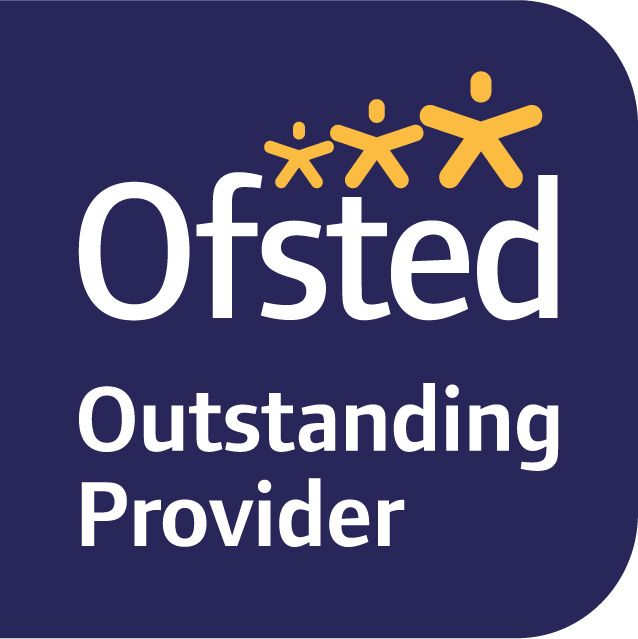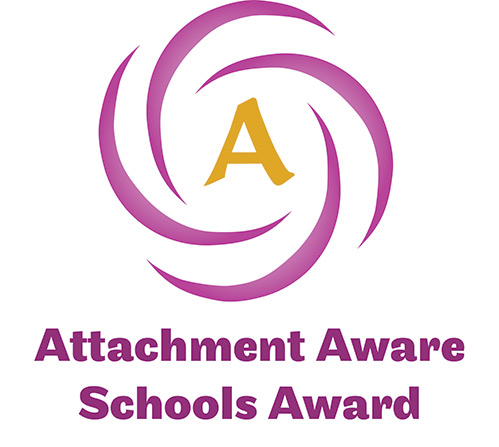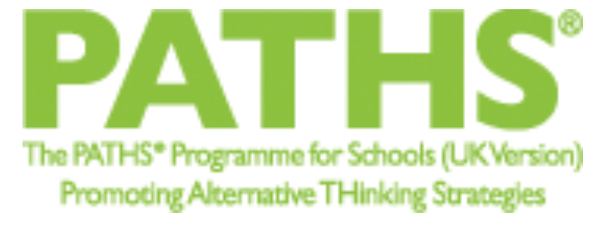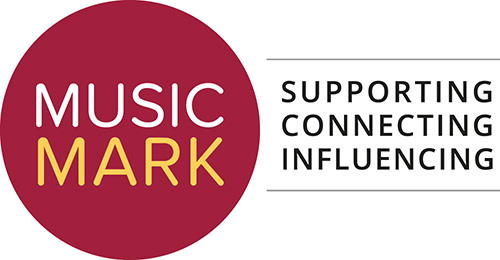English
At St Mary’s, through the delivery of excellent lessons, our pupils acquire the knowledge and skills to develop a love of the English language, in both spoken and written forms.
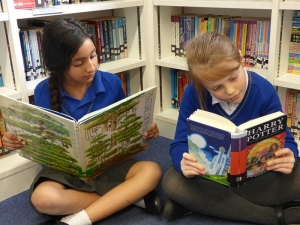
At St Mary’s, we are dedicated to developing children, staff and parents/carers as reading experts to ensure that every child develops a passion for reading. We strive to create a reading culture where reading is prioritised, valued and celebrated. We foster and nurture children’s early reading experiences and build on these foundations in order for them to enjoy and access their learning and the wider world around them. Our aim is that every child learns to read skillfully with increased fluency and speed, enabling automaticity and an enjoyment of books. Through immersion in the wonders of quality texts, we establish an appreciation and love of reading, enabling knowledge acquisition across the curriculum and develop higher order reading skills.
Phonics
We are committed to all pupils developing confidence in phonics, enabling them to pass the Phonics Screening Check at the end of Year 1 and all our pupils being successful, confident readers and spellers by the end of Key Stage 1. We achieve this through delivering daily discrete phonics lessons in Early Years and Key Stage 1 using the DfE validated Unlocking Letters and Sounds programme scheme; pupils secure their understanding of word recognition and decoding skills enabling them to read with increased fluency and speed.
By the end of Key Stage 1, we are committed to our pupils being fluent and confident readers, meet and/or exceed the national expectations in reading. We create a phonics rich learning environment where phonics is always visible and present. Further up the school, daily spelling and reading sessions continue to incorporate and make use of decoding, using phonics knowledge and skills. We use decodable reading books to support early reading development and these books are closely matched to each child’s current phonic knowledge so that they can experience success in their reading. We use books from Ransom Reading Stars Phonics, to ensure complete fidelity to the Unlocking Letters and Sounds progression we follow. Once pupils progress beyond decodable texts, they move onto the Big Cat Collins book scheme so that they can continue to progress in their decoding, fluency and comprehension skills and become avid, expert readers.
Comprehension
Reciprocal Reading skills are utilised to strengthen reading comprehension; this approach focuses on the skills of predicting, clarifying, questioning and summarising. Through this approach, our pupils are exposed to a rich and wide variety of texts everyday whilst also developing independence in how they evaluate and discuss texts with their peers. Further up the school, this is coupled with a whole class reading model to add further exposure to rich and varied texts and discussions around those texts. Through reading, St Mary’s pupils learn lots about our world – the natural environment and its people – developing their compassion for all its needs.
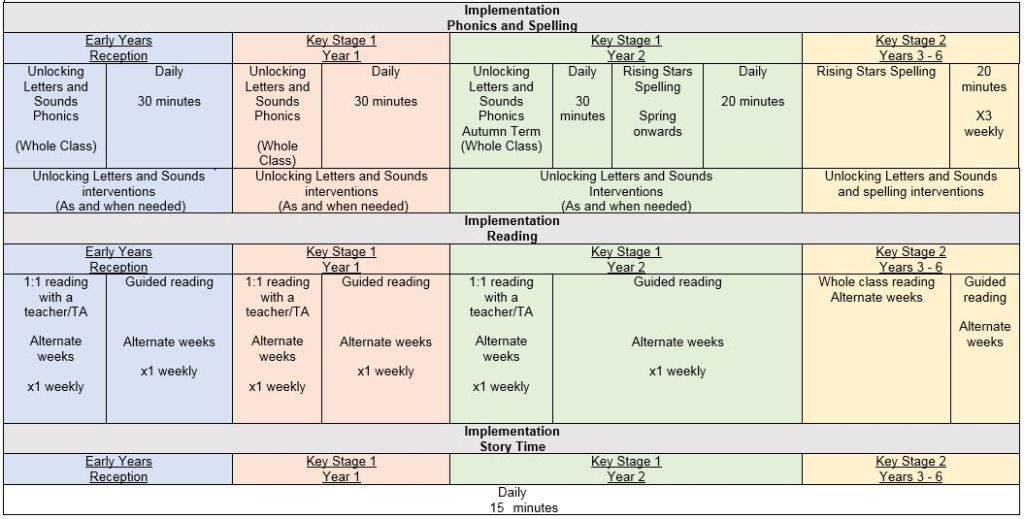
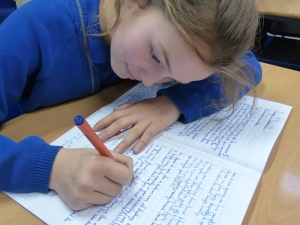
Our writing is closely linked to our half termly topic themes; this approach gives the children even more time to learn about their topics whilst also providing a meaningful output for their work. Core skills in spelling, grammar and punctuation are taught through writing sessions, embedded in the learning rather than separate. Wherever possible, writing has a meaningful context, be it topic-linked or writing to a local politician about an area of concern – we ensure our pupils know just how powerful their writing can be. We put great value in handwriting, teaching pre-cursive to our youngest ensuring beautiful script from an early age. We want our young writers to master the English language with a strong control of grammar and punctuation but also a rich, imaginative vocabulary. With these skills and experiences, we believe they can be the authors, poets, editors and journalists of tomorrow.
Confident public speaking and the ability to listen with focus are incredible tools to have. As such, we plan frequent opportunities for our children to speak to wider audiences, be it to a group, a class or in assembly; we hold high expectations for all in terms of speaking with volume, clarity and confidence. Debate and drama opportunities are planned into our curriculum learning at least every half term. In our compassionate school, we all value the need to listen to others – not just so we can better understand their views and opinions, but so we can strengthen ours.

